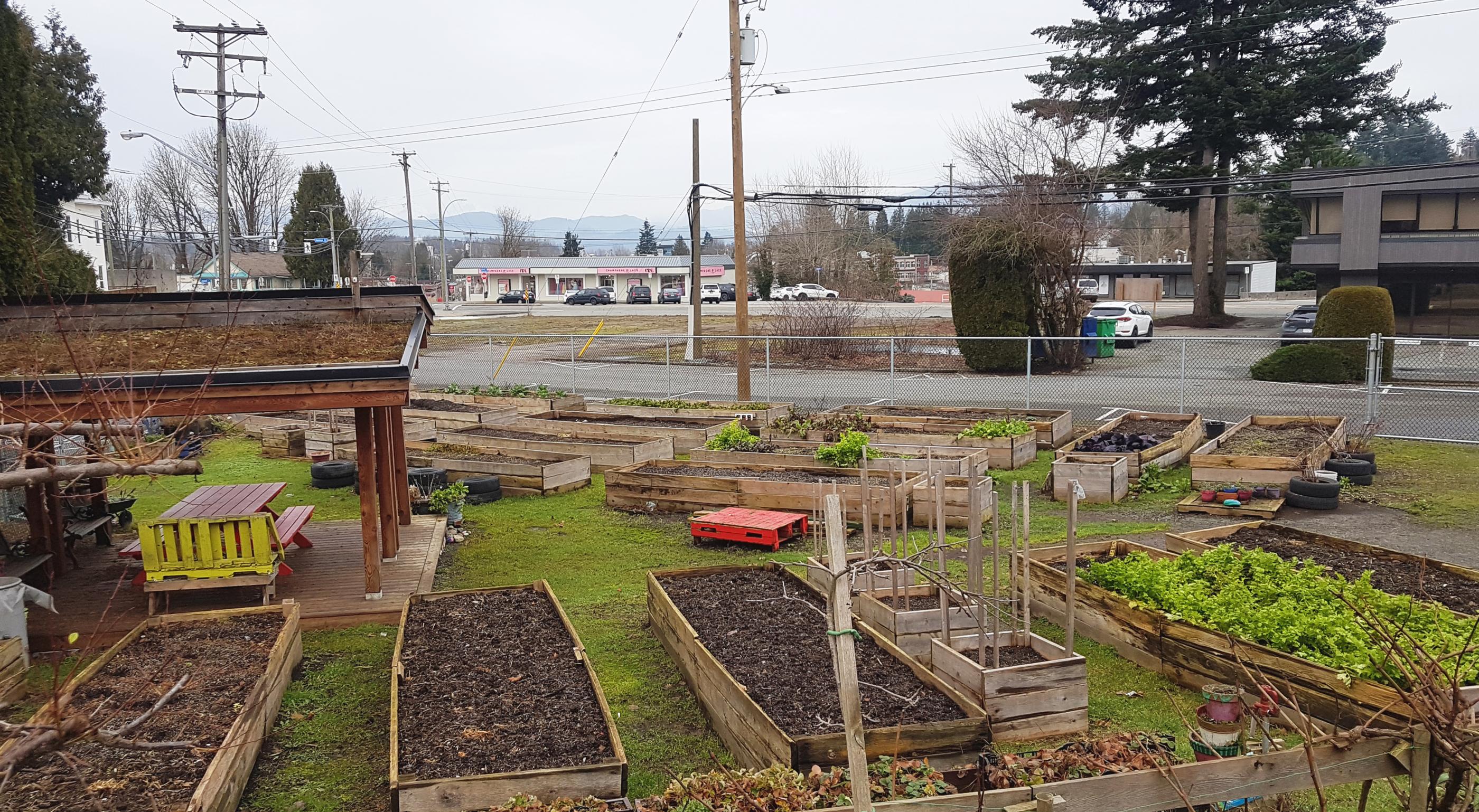Food systems vulnerabilities and lessons from COVID-19

Two years ago, Ann Dale and I wrote a paper titled COVID-19 and Climate Change: An Integrated Perspective, where we argue that the COVID-19 pandemic has highlighted a need for communities to engage in integrated approaches to addressing vulnerabilities and increasing resilience to multiple shocks. In a similar vein, Sally Uren published an article that describes the pandemic as “a dress rehearsal for the kinds of disruption we are set to see in the next decade” (para. 14) from climate change. With specific reference to food systems, a paper by Rachel Carey and colleagues discusses how the pandemic has provided valuable opportunities for cities to learn lessons about local vulnerabilities and how to increase resilience. A common theme among these early-pandemic works is that COVID-19 has provided communities with important opportunities to reflect on what the public health crisis has shown regarding their vulnerabilities and resilience (or lack thereof). In this blog post, I share a recently completed project that engaged in such a reflective exercise.
Funded by SSHRC’s Partnership Engage Grants COVID-19 Special Initiative program, the Vulnerabilities and the Future of Food project was led by the Food and Agriculture Institute at the University of the Fraser Valley, and done in collaboration with Royal Roads University and the Fraser Valley Regional District. The one-year research effort used a community-based participatory approach to engage food systems stakeholders in the Fraser Valley (e.g., local/regional government, NGOs, health authorities, etc.) through a series of online workshops that were supported by CoLabS, an online collaboration tool developed by Royal Roads researchers. The first workshop explored local and regional food system vulnerabilities and impacts related to COVID-19. The second workshop examined food system vulnerabilities and potential impacts from multiple environmental, socioeconomic, and political hazards (e.g., flooding, wildfires, loss of ecosystems, rapid population growth, economic recession, etc.). The third workshop looked at approaches and necessary infrastructure, policies, and programs for preventing undesirable food system futures. We also broaden engagement in the project by delivering a survey to local/regional residents, asking them about similar topics and issues to those explored in the workshops.
What we learned from this project relates to both the project outcomes and research process. With respect to outcomes, it is clear that planning and policy need to employ integrated, systems-based perspectives. The research identified the cascading effects of COVID-19 on food (and other) systems, such as what was seen with the increased burdens on charitable food and social services. The work also emphasized a need for achieving equitable food system outcomes, and showed that certain vulnerable groups (e.g., people living with disabilities, people who have challenges affording monthly food costs, etc.) experienced food systems impacts more severely than others.
With respect to the research process, this project highlighted the importance of being flexible when doing community-engaged research on real-world issues. The project occurred during a year where residents in the Fraser Valley (and elsewhere) experienced multiple hazard events alongside COVID-19, such as extreme and flooding events. Therefore, workshop discussions were often less about what the pandemic could teach us about potential future hazards and more about what local communities were contending with at the moment. In this way, the project illustrated how it is important for researchers to embrace the “messiness” of community-based research efforts that focus dynamic, real-world issues. When doing such work, researchers should be prepared to design, refine, and evolve research activities and discussions in ways that respond to changing conditions and emerging needs.
Our research project has completed, and we are now working with participants of the workshops to see how the knowledge produced through the work can be used to support local food systems strategies. We hope that this post-research work leads to practical outcomes for local and regional food systems plans and strategies, and the fact that these “next steps” are occurring demonstrates the value of community-based participatory research. It is through strong researcher-practitioner relationships that we can both produce and implement useful knowledge for tackling the critical sustainability issues facing our communities.
References
Carey, R., Murphy, M., & Alexandra, L. (2020). COVID-19 highlights the need to plan for healthy, equitable and resilient food systems. Cities & Health, 5, S123-S126. https://doi.org/10.1080/23748834.2020.1791442
Newell, R., & Dale, A. (2020). COVID-19 and climate change: An integrated perspective. Cities & Health, 5, S100-S104. https://doi.org/10.1080/23748834.2020.1778844
Uren, S. (2020, March 12). COVID-19: A dress rehearsal for the climate emergency? Forum for the Future. https://www.forumforthefuture.org/blog/covid-19-climate-emergency